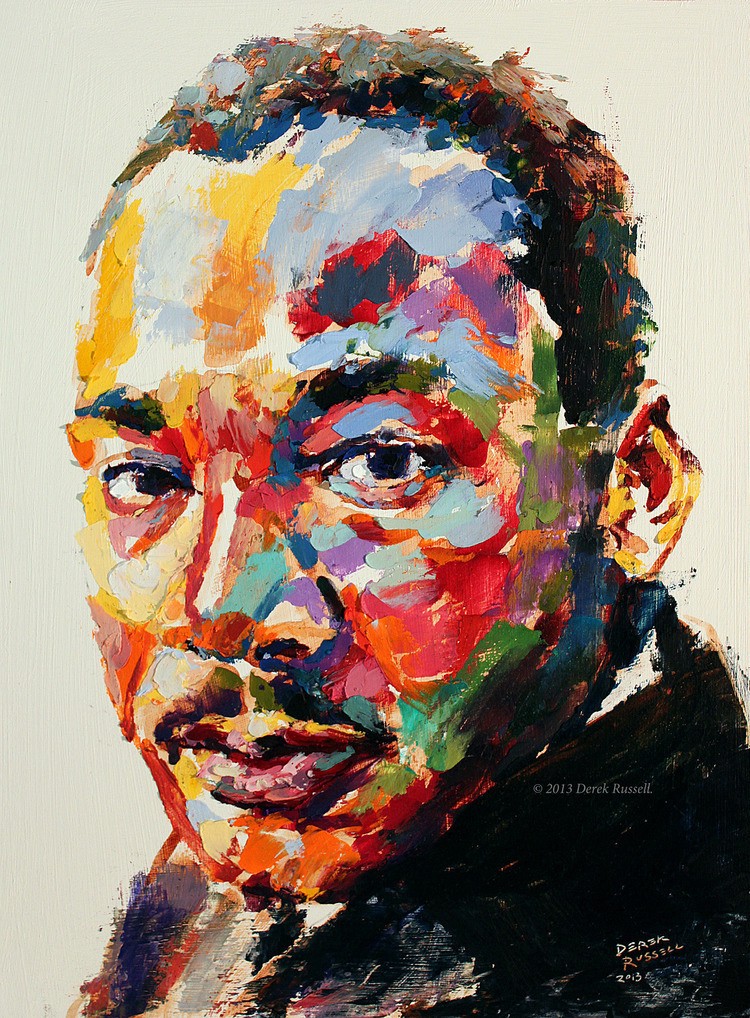“Many persons have argued that this is an extremely difficult command.” –Dr. MLK, Jr.
Shivers went down my spine after I read the written transcript of a sermon that Reverend Dr. Martin Luther King, Jr., delivered on November 17th, 1957, at Dexter Avenue Baptist Church. I was sitting at my desk with my laptop open, the screen glowing bluish-green. The sermon was called “Loving Your Enemies.” I had been searching the internet for inspiring words spoken by Dr. King — and I found them.
“But I say unto you, Love your enemies, bless them that curse you, do good to them that hate you, and pray for them that despitefully use you; that ye may be the children of your Father which is in heaven.”
King was quoting Matthew chapter 5, of the Bible, and those are the words of Jesus.
King implored his congregation to act with urgency, saying, “this command is an absolute necessity for the survival of our civilization.”
King wasn’t saying don’t feel anger — he’s reminding us that what we choose to do with those feelings makes all the difference. King took his feelings of anger towards injustice and turned it into something more powerful than bitterness or rage: he extended love on a large scale.
Standing before his congregation, King explained in his sermon that this theme is “so basic to me because it is a part of my basic philosophical and theological orientation — the whole idea of love, the whole philosophy of love.”
As a leader of the Civil Rights Movement in the 1950s and ’60s, Reverend King exemplified peaceful resistance perhaps most notably when he led the 1955 Montgomery bus boycott, inspired by Rosa Park’s ground-breaking refusal to surrender her seat to a white person.
His social protest campaign against the policy of racial segregation on the public transit system of Montgomery, Alabama, eventually led to a federal court ruling that declared the Alabama and Montgomery laws requiring segregated buses to be unconstitutional.
Apparently, loving our enemies is good for our bodies and minds, too. Hating them isn’t. When we ruminate on negative experiences and people that have hurt us, it isn’t good for our health. I don’t say this to encourage denial or avoidance. We have to confront our problems. MLK did not turn a blind eye to the suffering of his people. He did the opposite — he faced his suffering squarely, but he extended an energy of peace, instead of negativity.
King showed us that sowing the seeds of compassion, patience, and non-violence towards the people we disagree with is exactly what builds equality in our communities.
And if positive thinking is healthy for our bodies, too, well — Amen, to that!

Follow Kristen on Twitter: @KristenVonHoff
Originally published at www.huffingtonpost.com on January 13, 2017.
Originally published at medium.com


